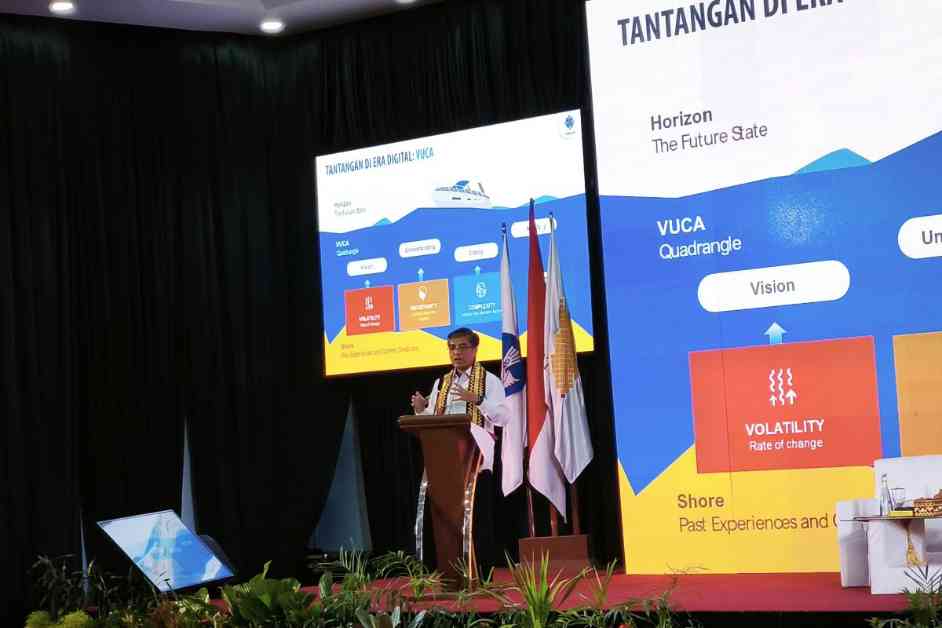Enhancing Workforce Quality: Manpower Minister’s Insights
Bandarlampung, Lampung – In a bid to elevate the quality of the Indonesian workforce, Manpower Minister Yassierli emphasized the importance of specific competencies over a bachelor’s degree for immediate job recruitment in the industrial sector. Speaking at the Sumatra Institute of Technology (Itera) in Lampung, the minister highlighted the evolving needs of the industry, urging universities to step up their efforts in preparing students to meet industry competency standards.
The Challenge of Workforce Competitiveness
Yassierli underscored the intensifying competition in the job market, where industries are seeking individuals who are not just qualified on paper but are ready to hit the ground running. The minister’s call for university-industry collaboration aims to bridge the gap between academic knowledge and practical skills, ensuring that graduates are well-equipped to excel in their chosen fields.
Tackling Low Productivity and Digital Skills Gap
Beyond workforce quality, Yassierli also addressed the pressing issues of low productivity and the scarcity of digital talents in Indonesia. Drawing a stark comparison with Vietnam’s remarkable progress in these areas, he emphasized the need for a concerted effort to enhance productivity levels and boost digital skills among Indonesian workers. With only 19 percent of workers possessing digital skills and a mere 6 percent at an advanced level, the minister stressed the urgency of incorporating digital literacy into university curricula to prepare students for the demands of the modern workforce.
Looking Towards a More Competitive Future
As Indonesia strives to elevate its human capital index and enhance workforce competitiveness on the regional stage, Yassierli’s insights shed light on the critical role of universities in shaping the country’s future workforce. By aligning educational programs with industry needs and focusing on digital skill development, Indonesian universities can play a pivotal role in driving economic growth and fostering a more competitive workforce in the years to come.
In conclusion, the minister’s clarion call for universities to prioritize industry-relevant skills and address the challenges of low productivity and digital skills gap underscores the need for a holistic approach to workforce development. As Indonesia navigates the complexities of a rapidly evolving job market, the collaboration between academia and industry will be pivotal in shaping a skilled and competitive workforce for the future.






















